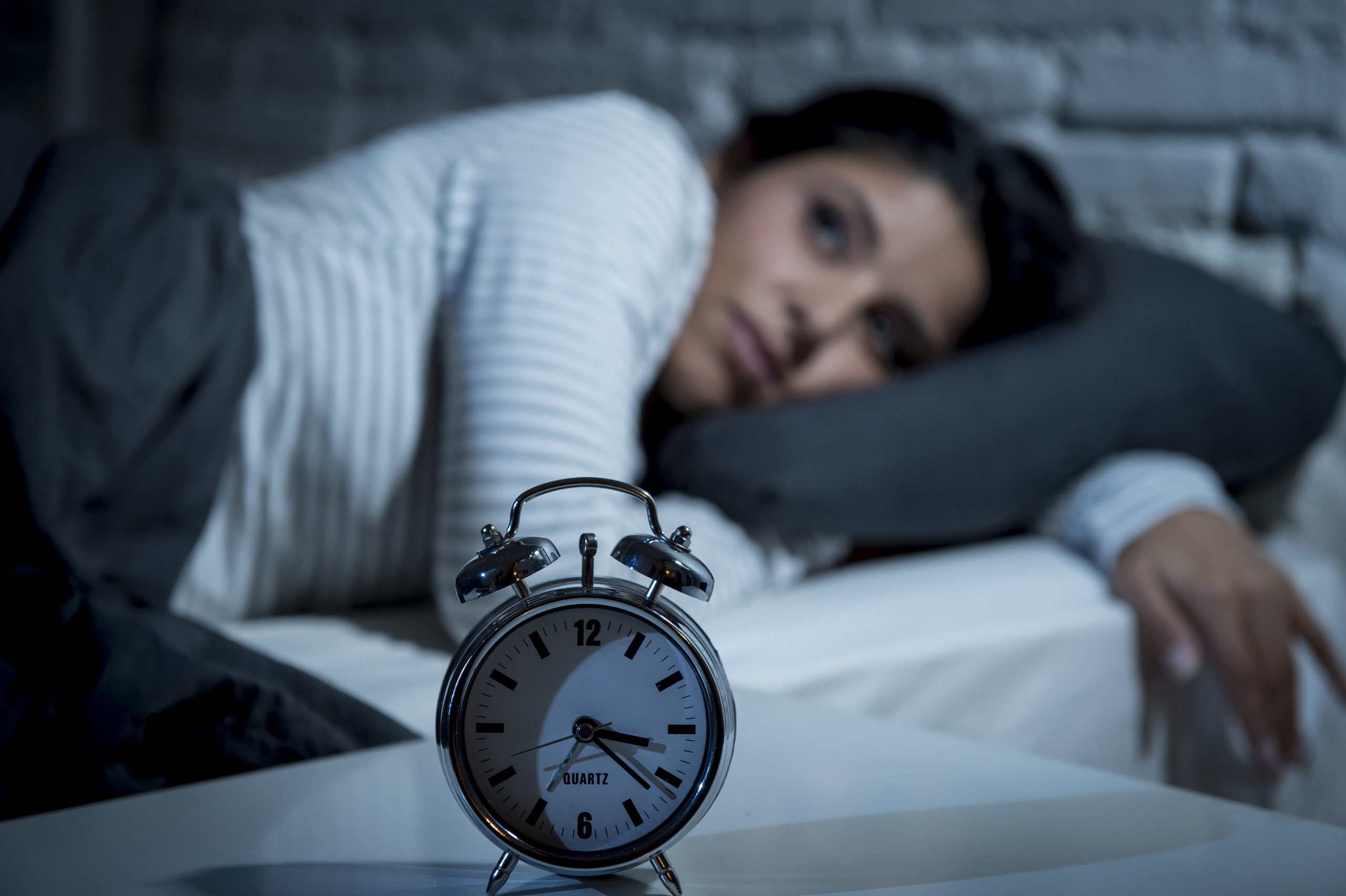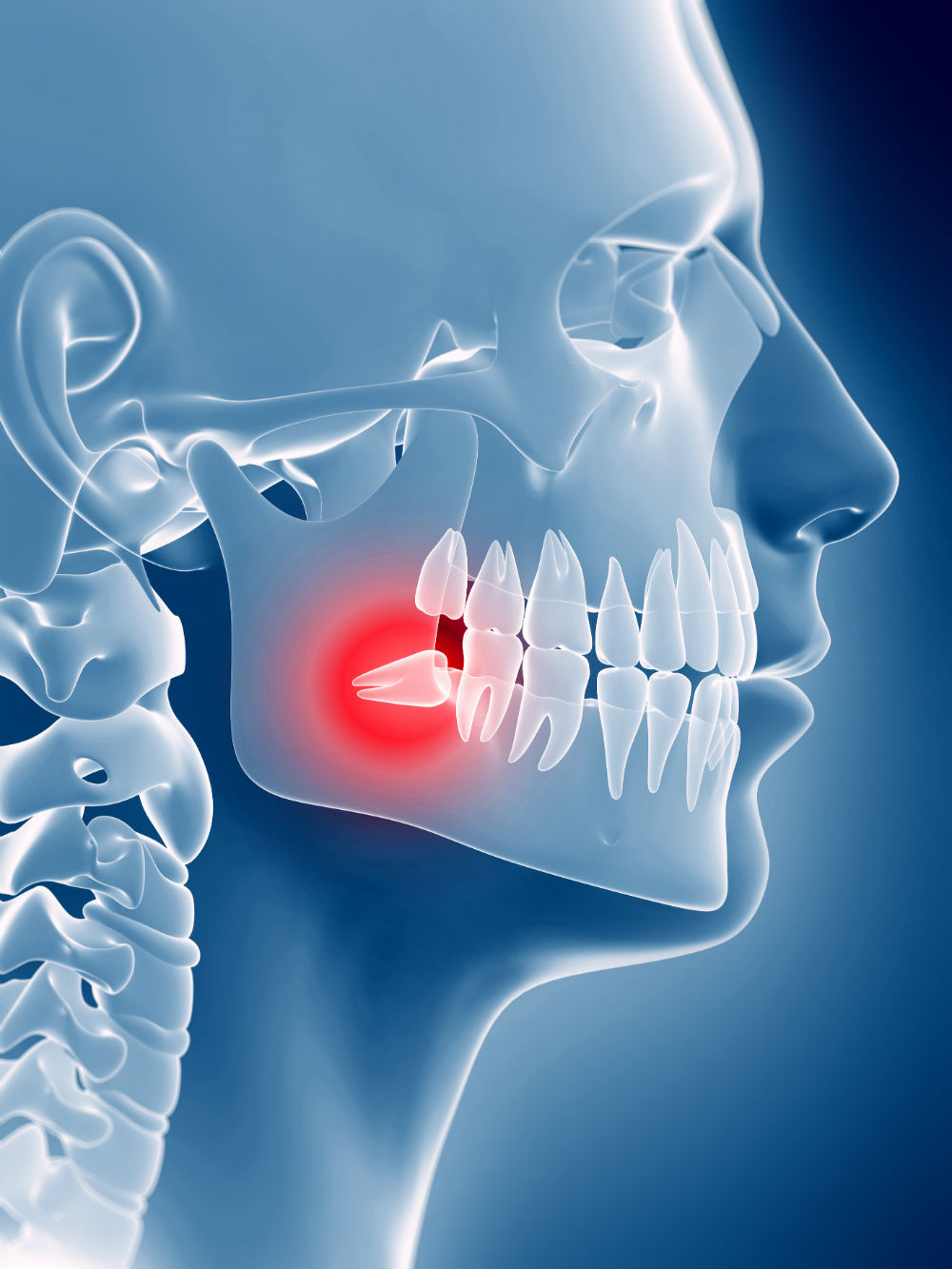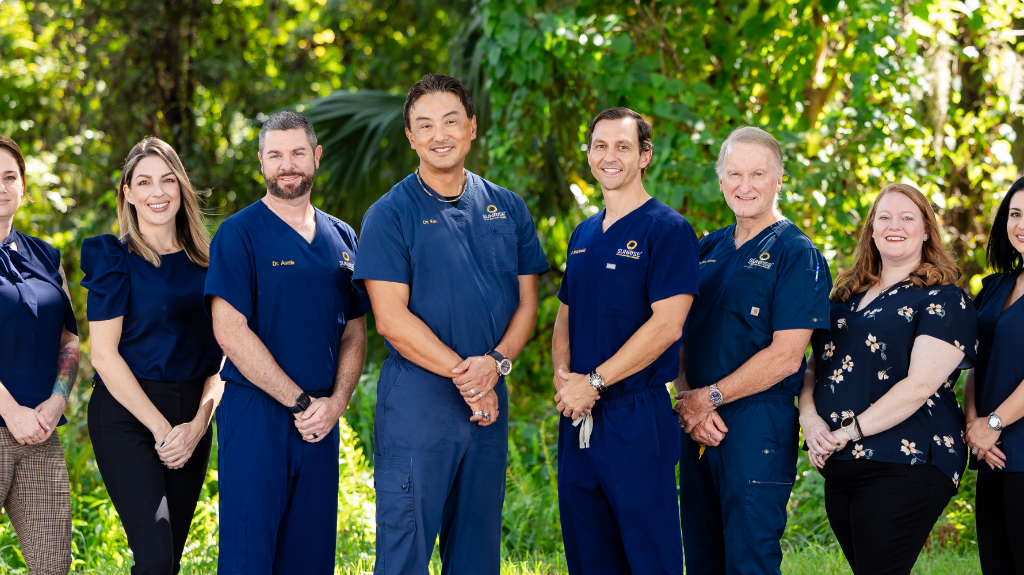
There are plenty of reasons why you may wake up feeling tired in the morning. A restless night due to work stress, disruptions from children or pets, or perhaps even a few of your own bad habits are playing a part in your restless night. Habits like watching TV or enjoying a bit of caffeine a little too late can all interfere with your quality of rest. However, if you are going to bed at a decent time and feel like you rested without interruption and are still waking up exhausted, you may need to investigate why. Sleep apnea is a possible reason.
Sleep apnea is one of the most common sleep disorders in the United States. It is often caused by a combination of factors. Some of the leading reasons include obesity, heart disease, and poor respiratory health in general. Thankfully, there are ways you can address this concern at home to begin improving your quality of sleep. The first step to finding improvements to your sleeping habits is to discover what the cause of your sleep disruption is. This includes finding the answer to the question as to whether or not you suffer from sleep apnea.
About Sleep Apnea
Sleep Apnea is a sleep disorder that can have potentially dangerous consequences. It causes breathing to cease on and off throughout the night intermittently. Occasionally accompanied by loud snoring, it can cause an individual to wake up with a sudden start. Sleep is disrupted and then the individual attempts to fall back asleep. Sometimes they fall asleep right away but other times, quickly getting back to dreamland can take a bit longer. Many people do not even recall waking up repeatedly throughout the night. Only through sleep studies and monitoring do they find they have severe interrupted sleep patterns.
There are three primary types of sleep apnea:
- Obstructive sleep apnea: This is the most common form. This type occurs when the muscles in the throat relax, thereby obstructing airflow.
- Central sleep apnea: This occurs when the brain does not send proper signals to the muscles that control breathing. Breathing then becomes interrupted throughout the night.
- Complex sleep apnea: This type is also referred to as treatment-emergent sleep apnea. This is because it is a combination of the other two primary types.
Many of the signs and symptoms of the different forms of sleep apnea will overlap. Thus, it may be difficult to know if you are struggling to sleep due to sleep apnea or another sleep disorder.
The most common signs and symptoms:
- Loud snoring
- Episodes of stopped breathing during sleep
- Gasping for air during sleep
- Waking during the night or in the early morning with a severely dry mouth
- Difficulty staying asleep
- Excessive daytime sleepiness, which is also known as hypersomnia
- Difficult paying attention while awake
- Irritability
Diagnosis
The most common way sleep apnea is diagnosed is through a sleep study. In a sleep study, you are typically asked to spend the night in a monitored setting. This way, your physician can track your vitals throughout the night to see how well you are able to stay asleep. Once diagnosed, your physician determines numerous therapeutic options to improve your sleeping habits.
Discuss Your Concerns
Sleep is incredibly important to your health. Regardless of what is interfering with your sleep, it is important to talk to your doctor about your concerns. This way, they can help you find a way to improve your sleep, improving your overall well-being. Contact Sunrise Oral and Facial Surgery to set up an appointment. Will will discuss your concerns and get you on the path to feeling healthy and energetic.



